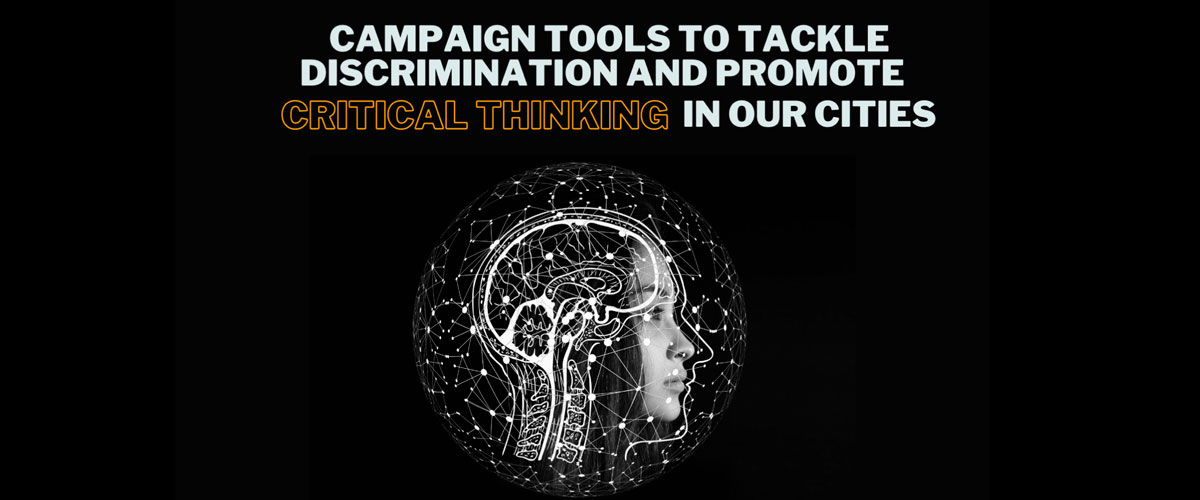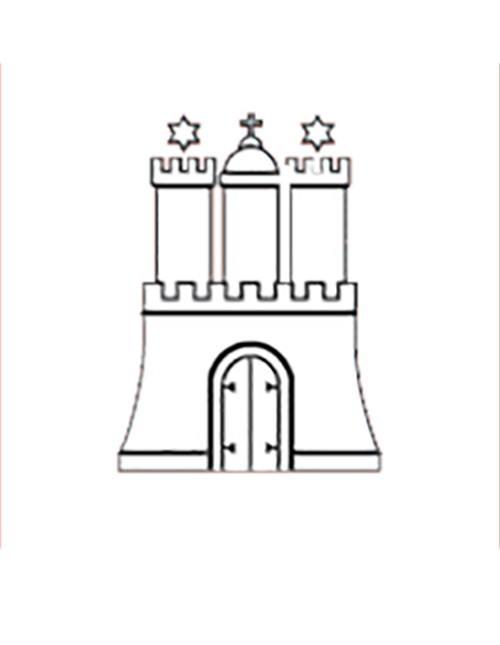Critical thinking and media literacy have never been more important to maintaining peaceful and democratic societies. We are now bombarded 24/7 with news, opinions and biased ‘information' pushing particular political agendas. Algorithms further enclose people in ‘filter bubbles’ which act to reinforce biases and shrink diversity of ideas. It is easier than ever to become a passive consumer of news and data and pass this on unchecked via social media and everyday communications. These trends have impacts on our communities and can hinder positive interactions and social cohesion.
At a city and neighbourhood level we have seen wide ranging initiatives to tackle the issue of false rumours. This online seminar looked at some of the more recent campaign tools employed in cities to support critical thinking skills and promote positive attitudes towards diversity.
Jannes Vahl, director of fair narrative www.fairnarrative.com an activism, journalism and communication platform based in Hamburg talked about their campaign to support the outreach and embedding of the Altona Declaration into communities. Matt Henderson from Bradford City Council outlined how they have used their anti-rumour campaign #MakeSureItAddsUp to reduce COVID19 rumours and tackle misinformation and provide community training led by migrant and BAME communities. Gerardo Gomez, consultant at Anti-Rumours Global talked about the development an educational game ‘Escape Rumours’ (based on the principles of the Escape Room experience) in schools and youth projects across Spain to support city anti-rumour campaigning.






